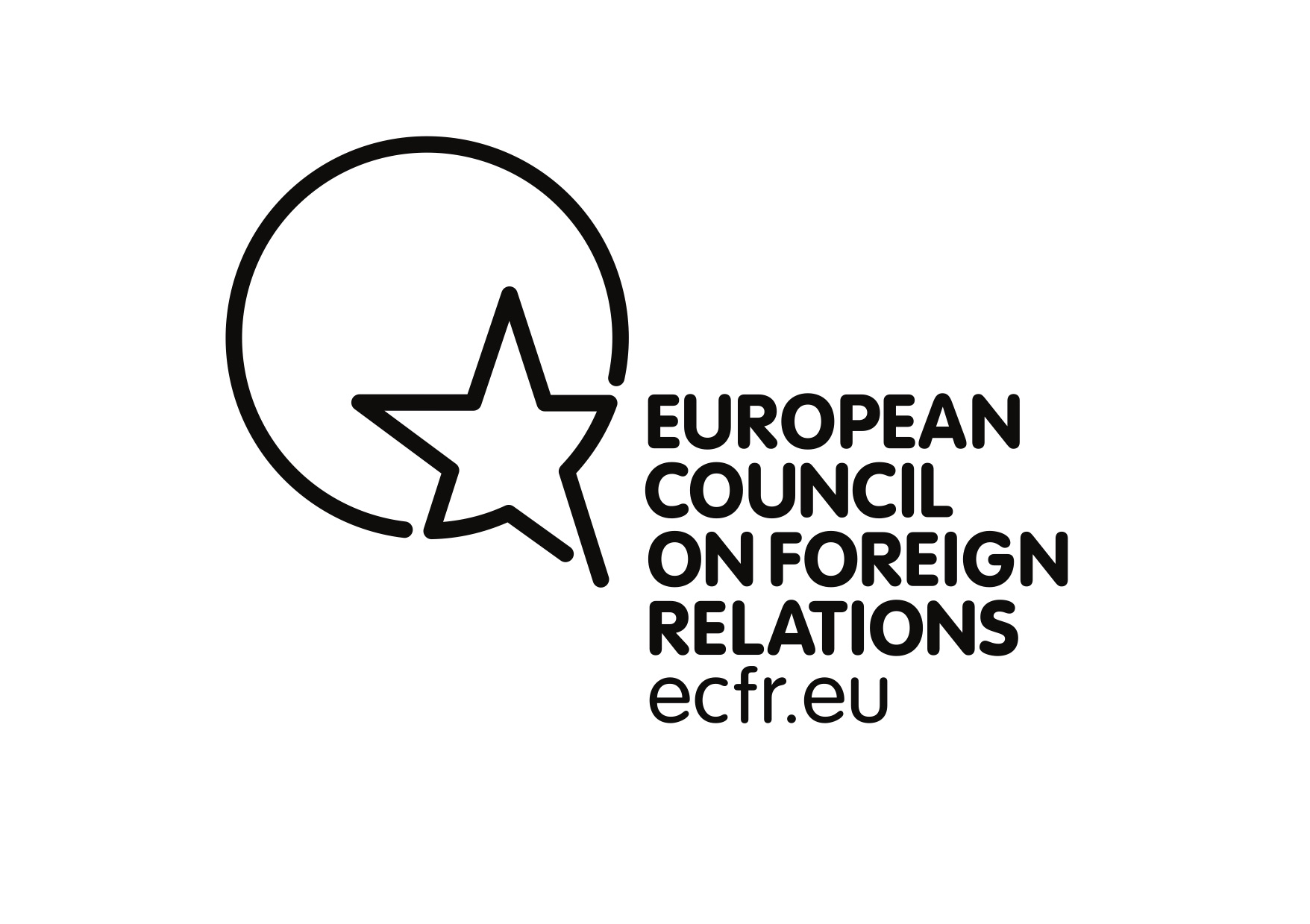The battle for Tunisia’s democracy


Anthony Dworkin writes about the impact of recent events in Tunisia on democracy in the European Council on Foreign Relations. Tunisian President Kais Saied has moved the country in a steadily more authoritarian direction over the past year, giving himself the power to rule by decree and attacking judicial independence. Last week, he went one step further in dissolving the parliament and ordering investigations against key opposition politicians involved in a push back against him. Moreover, the Tunisian constitution states that after a parliamentary dissolution, new elections must be called within 90 days, a provision which the President has stated that he will not follow, with the justification of wanting to call a constitutional referendum before new elections are called. These events come while Tunisia's economic crisis worsens and President Saied finds himself increasingly politically isolated in Tunisia. The author makes some suggestions for how the EU can approach relations with Tunisia to best support the fight for democracy in the country, including support conditional on the return to democracy, and focussing on legitimate dialogue involving all stakeholders and new elections called within the constitutional limit.
Read the full piece here in the European Council on Foreign Relations.

